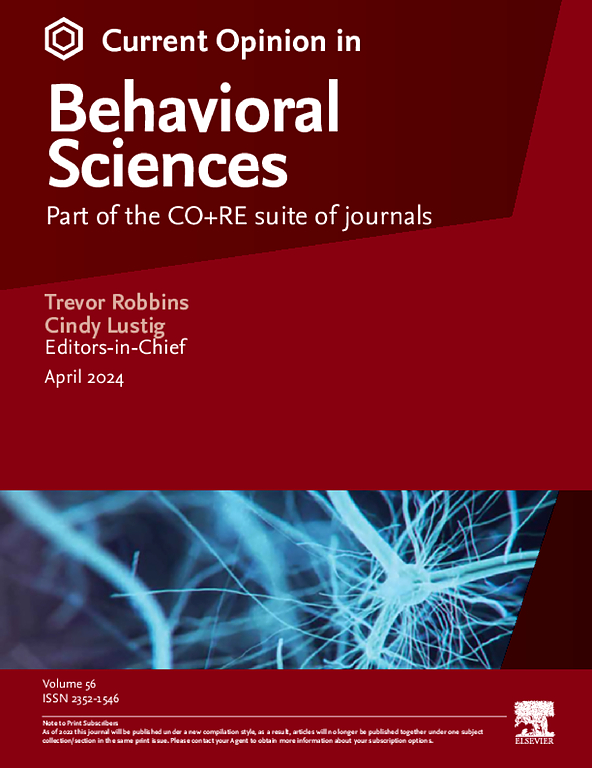气候变化是代际挑战,需要以代际为重点的行为解决方案
IF 3.5
2区 心理学
Q1 BEHAVIORAL SCIENCES
引用次数: 0
摘要
人为气候变化是代际挑战,如果当前社会不采取行动,其最严重的影响预计将影响子孙后代。代际心理学——特别是人们如何思考和关心后代——已经超越了人口和意识形态的障碍,成为支持环境参与的关键驱动力。来自伦理哲学、政治哲学和行为经济学的见解进一步强调了代际方法在解决环境问题中的重要性。我们回顾了最近关于心理干预、遗产动机、代际责任原则和亲环境参与背景下经济博弈行为的研究。总的来说,这项研究在通过代际框架促进不同人群的气候行动方面显示出了希望。重要的是,代际方法不仅激发个人责任,而且促进集体努力,以实现可持续的解决方案。尽管有相当多的新兴研究,但我们指出了文献中的空白,以供未来的研究解决。也就是说,需要进行更多的研究,利用纵向设计的随机对照试验来探索代际干预的持久影响,并检查它们在面对气候变化时促进复原力和正义的潜力。总之,我们的结论是,通过代际视角解决气候变化减缓和适应问题可能是保护环境的关键——不仅是为了这一代人,也是为了未来的许多代人。本文章由计算机程序翻译,如有差异,请以英文原文为准。
Climate change is an intergenerational challenge that requires intergenerationally focused behavioral solutions
Anthropogenic climate change presents an intergenerational challenge, with its most severe impacts expected to affect future generations if current society fails to take action. Intergenerational psychology — specifically how people think about and care for future generations — has emerged as a critical driver of pro-environmental engagement, transcending demographic and ideological barriers. Insights from ethical philosophy, political philosophy, and behavioral economics further underscore the importance of intergenerational approaches in addressing environmental issues. We review the recent research on psychological interventions, legacy motivations, the principles of intergenerational responsibility, and behavior in economic games in the context of pro-environmental engagement. Broadly, this research has shown promise in promoting climate action across diverse populations through intergenerational framings. Importantly, intergenerational approaches not only inspire individual responsibility but also foster collective efforts toward sustainable solutions. Despite considerable emerging research, we point toward gaps in the literature for future research to address. Namely, there is a need for more research exploring the enduring impacts of intergenerational interventions using randomized controlled trials with longitudinal designs and examining their potential in promoting resilience and justice in the face of climate change. In sum, we conclude that addressing both climate change mitigation and adaptation through an intergenerational lens could be key to protecting the environment — not only for the present generation but also for the many future generations to come.
求助全文
通过发布文献求助,成功后即可免费获取论文全文。
去求助
来源期刊

Current Opinion in Behavioral Sciences
Neuroscience-Cognitive Neuroscience
CiteScore
10.90
自引率
2.00%
发文量
135
期刊介绍:
Current Opinion in Behavioral Sciences is a systematic, integrative review journal that provides a unique and educational platform for updates on the expanding volume of information published in the field of behavioral sciences.
 求助内容:
求助内容: 应助结果提醒方式:
应助结果提醒方式:


